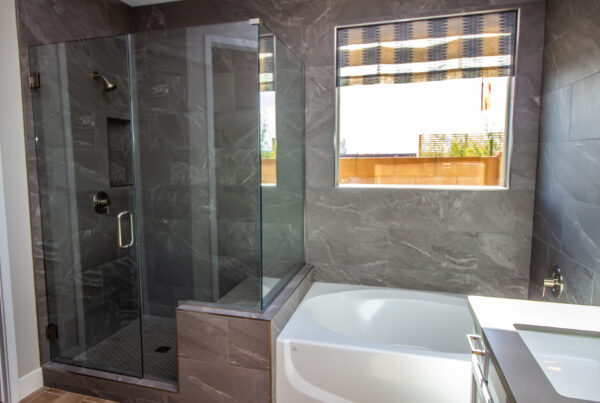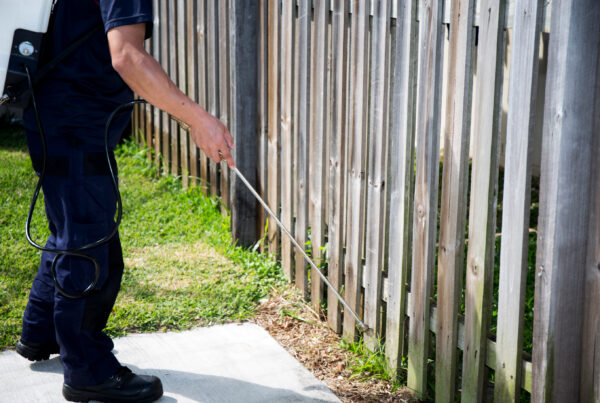Brought to you by HBA Gold Industry Partner, Gorman Bros.
One thing everyone in Baton Rouge can agree on is that this summer has been the hottest on record, which means homeowners are likely spending more on energy costs than ever before. While there are simple things homeowners can do to lower energy costs like bumping up thermostats by 2-3 degrees during the daytime when not at home, adding insulation to attics, or moving to LED bulbs in lighting fixtures, exploring energy efficient appliances should also be right at the top of the list.
So, how do you go about finding the right energy efficient appliances for your home? Research is the first step. Here are a few tips on how to get started.
Tip 1: Embrace Technology
We all can remember a simpler time when refrigerators were just one or two doors and dishwashers had just one simple dial. Times have indeed changed. Today, it feels like all our home appliances may now even be smarter than a fifth grader. Technology has come a long way, and homeowners would be wise to embrace newer, smarter appliances that can help them save on energy costs long term. Many appliances now have many energy-efficient features built into the appliance including dishwashers and refrigerators to washers, dryers, and even coffee pots.
If you are looking to make your home more energy efficient through new appliances, looking for appliances that utilize a smart app will give you more control of how and when you want the appliance to work. Many smart apps are now easily integrated into home energy systems so that the appliances take advantage of low energy usage hours versus running them when air conditioners or water heaters are working hardest.
Tip 2: Aim for the Stars
One of the easiest ways to select a more energy efficient appliance is to simply look for the Energy Star label on the appliance itself. Energy Star labels are visible on all qualified appliances that meet specific standards and in some cases the products may exceed the minimum federal standards for energy star ratings.
Another item you can look for on the appliance is the yellow and black energy guide label. The energy guide provides energy consumption data that will give you an idea of estimated annual operating costs and energy usage estimates. By comparing makes and models, you will get an idea of the kind of performance you might expect from each of the appliance options.
Tip 3: Right-Size to Fit Your Needs
Bigger isn’t always better. Often when homeowners are shopping for new appliances, they want the biggest and the best. But are you shopping for a family of 5, or have you become empty nesters now renovating spaces or downsizing to a smaller home? Choosing the right size appliances for how you plan to use them leads to more energy efficient living.
Washers and dryers are great examples. Washing small loads of clothes in a large washer wastes both water and electricity. You can save on electricity costs by simply waiting until you have a full load so that you run the washer less frequently or by purchasing a smaller washer knowing you will have less clothes per load.
Much the same, dryers can be either electric or gas. Electric dryers are generally less costly than a gas dryer but tend to use more electricity. Electric dryers may also run for longer periods of time to fully dry a load of clothes making them less energy efficient. Gas dryers on the other hand are generally more costly up front and require a professional to install a gas line, but they are much more energy efficient with faster drying cycles and less impact on clothing. Long term, that can add up to energy savings.
Talk with an expert: Here at the Home Builders Association of Greater Baton Rouge, we are fortunate to work with trusted partners who are experts in their fields. We recommend speaking with a home appliance professional one-on-one who can explain all the differences in home appliances and which models may be the best fit for your home.














